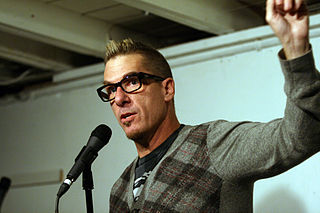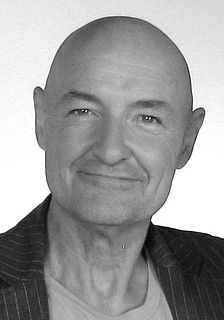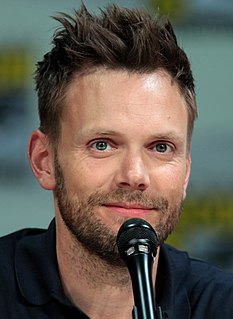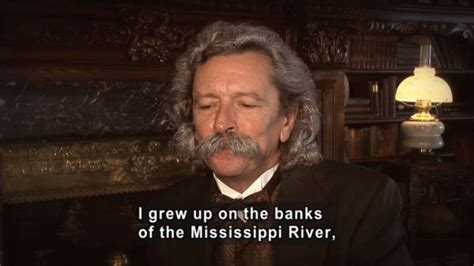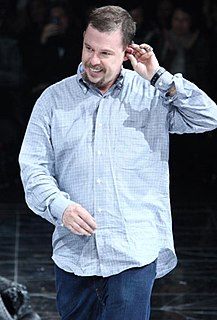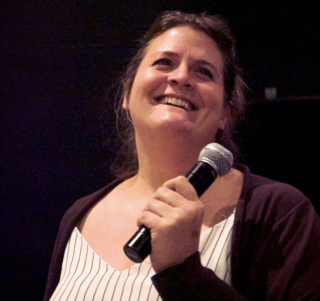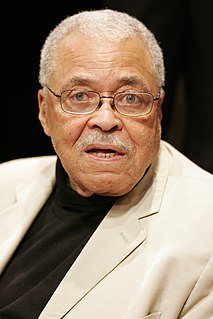A Quote by Ti West
It's funny, because I don't think of my films as "slow-burn." I don't even know if I was familiar with the phrase until people started labeling me with it.
Related Quotes
I don't know if you know you're funny, but you enjoy being funny. I know I'm funny because people tell me I am, but when I watch myself, it doesn't make me laugh. Does that make sense? Because I know the jokes, and to me, I feel like I'm pulling the wool over people's eyes. And there are probably people who do not enjoy what I do.
I just hate the whole idea of labeling anything as a comedy. If you tell me something's funny, I'll want to rebel against it. When I go to a bookstore and see books categorized as humor, I get furious. Don't tell me that a book is funny. Let me decide if it's funny. It's the same with sitcoms. You call something a sitcom and people expect it to be funny. And that ruins everything.
I have a lot of people who are soap fans and they definitely know who I am, even if they call me by my character's name. I get a lot of people thinking maybe they know me from high school. My career has been a slow burn, a gradual rise, which I prefer since this is a marathon and not a sprint, so I kind of like where I am and where I'm going.
The vampire or the bad guy, that's what people do remember. Lars von Trier, like Guy Maddin, their films are made for a group of exclusive people who like special films. And they are special films, they are art films. And I started with commercial films at the beginning, and later on, because you know, when you are an actor, you have the same cliché like everybody else, you want to be in big films, you want to be known and all that.
I tend not to think that anything I happen to be reporting on in my films is special. Meaning that people are always saying to me, 'you must love New York, you have it in all your films.' But mostly it's because I know New York, and I know Brooklyn at this time. I know the lives there, because I have lived in them.
It's funny to be discovered by a lot of people who didn't know you before. People always used to say, 'Do you shop at Home Depot?' or 'Does your kid go to such and such school?' They want to know why they know me, even if they don't know my name. I don't think that's a bad thing, by the way; I think it's nice to be kind of anonymously famous.
I don't really know. I think the first test is when you're very little and you fart, and you laugh at it and so do your friends and family. I knew before I was funny I was very annoying so I have that covered. I think it was because I was not very good in school I used humor as a defense mechanism. When I started doing plays and stuff at school I decided that I was going to keep doing it until someone tells me to stop and get a real job.
I was this young boy and I saw this man with his hands round my sister's neck, I was just standing there with her two children beside me... Everything I've done since then was for the purpose of making women look stronger, not naïve. And so, when everyone started saying I was a misogynist, that really freaked me out. They didn't know me. They didn't know what I had seen in my life. That was the first part of fashion that I hated - people labeling me without knowing me.
I think that until a filmmaker knows that about him- or herself, the films they make will just be copies of other people's work. It's important for anyone who wants to make films for a living, but I think perhaps it has an even greater weight for female filmmakers since they represent a much smaller percentage of the population. Their voices are fewer so they must be even stronger.
I think stutterers are funny. And I know it's rude and politically incorrect to laugh at stutterers. But I think it is okay because I know why they're funny. They make people nervous. People think, when on earth are they going to get the word out, so they start laughing out of their own nervousness.
One of the most basic and pervasive social processes is the sorting and labeling of things, activities, and people... Sorting and labeling processes involve a trade-off of costs and benefits. In general, the more finely the sorting is done, the greater the benefits - and the costs... Sorting and labeling, whether of people or of things, is a sorting and labeling of probabilities rather than of certainties.

